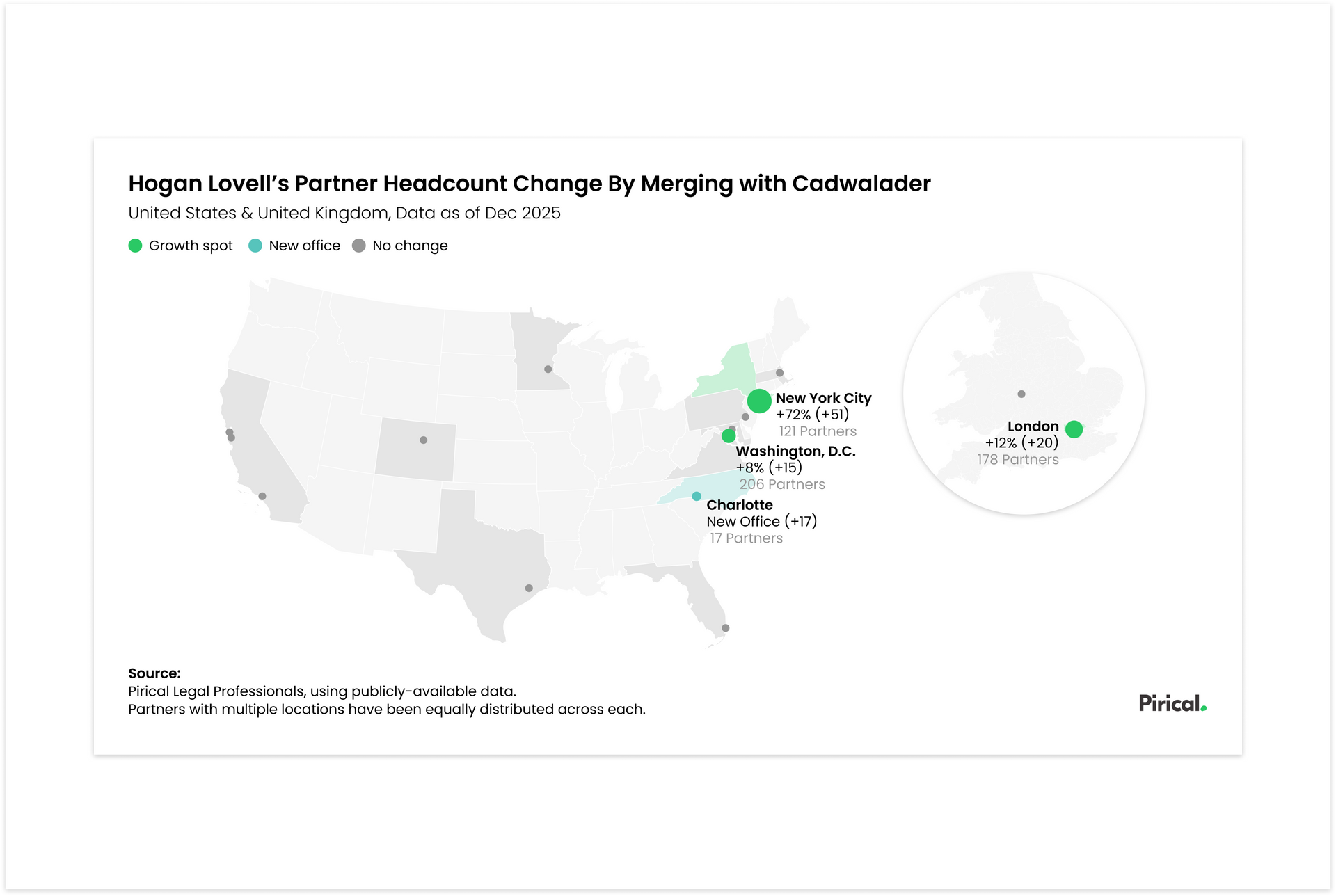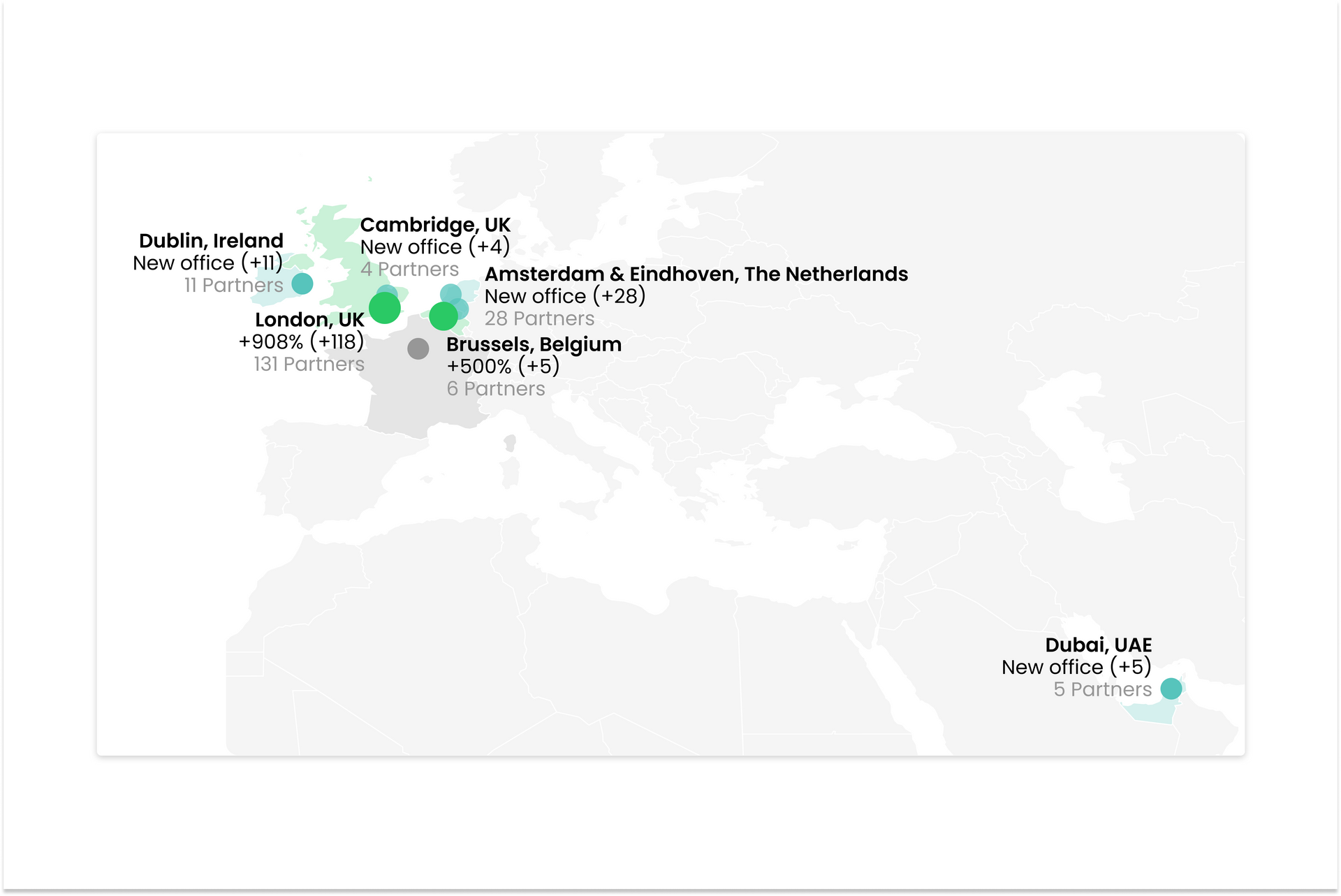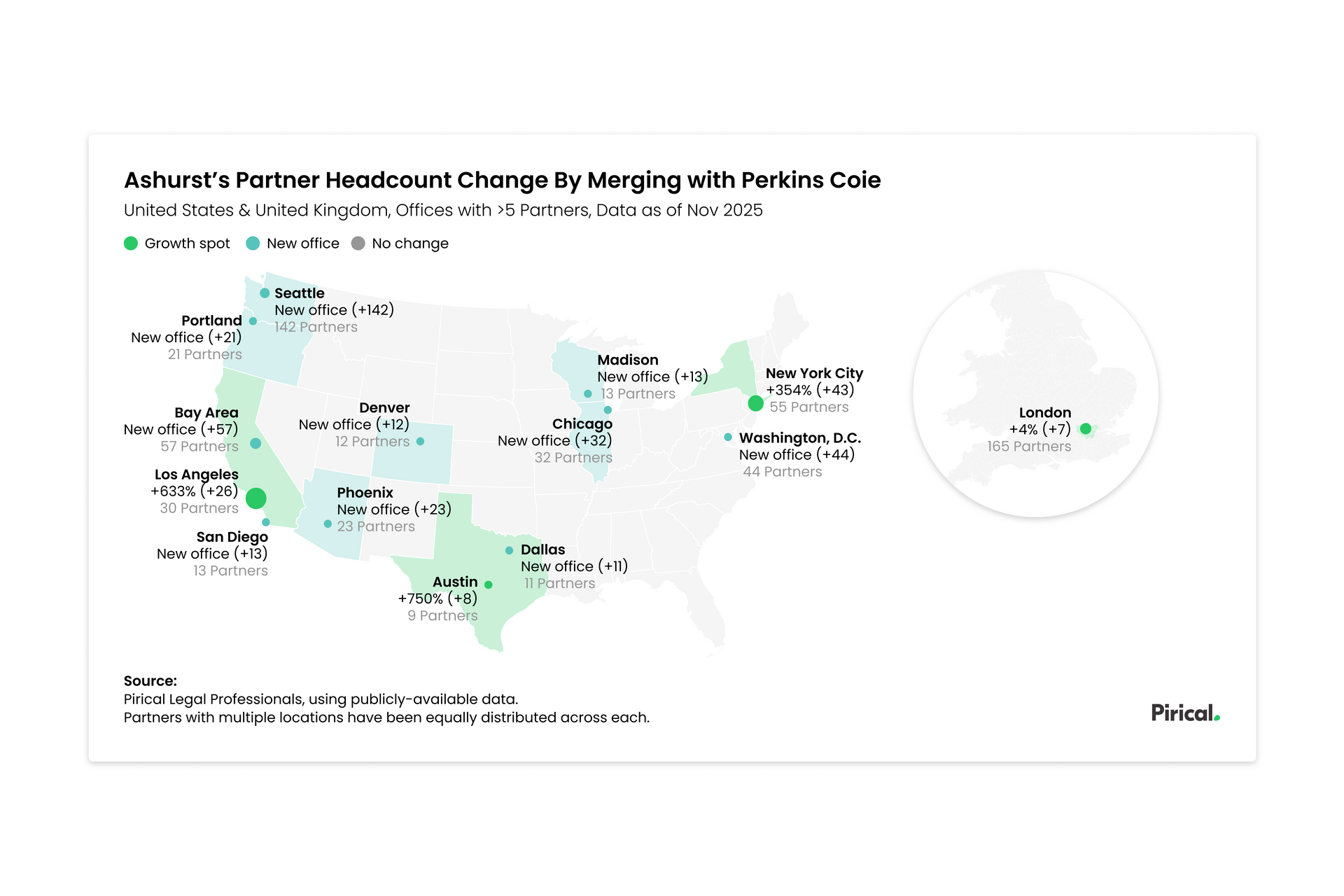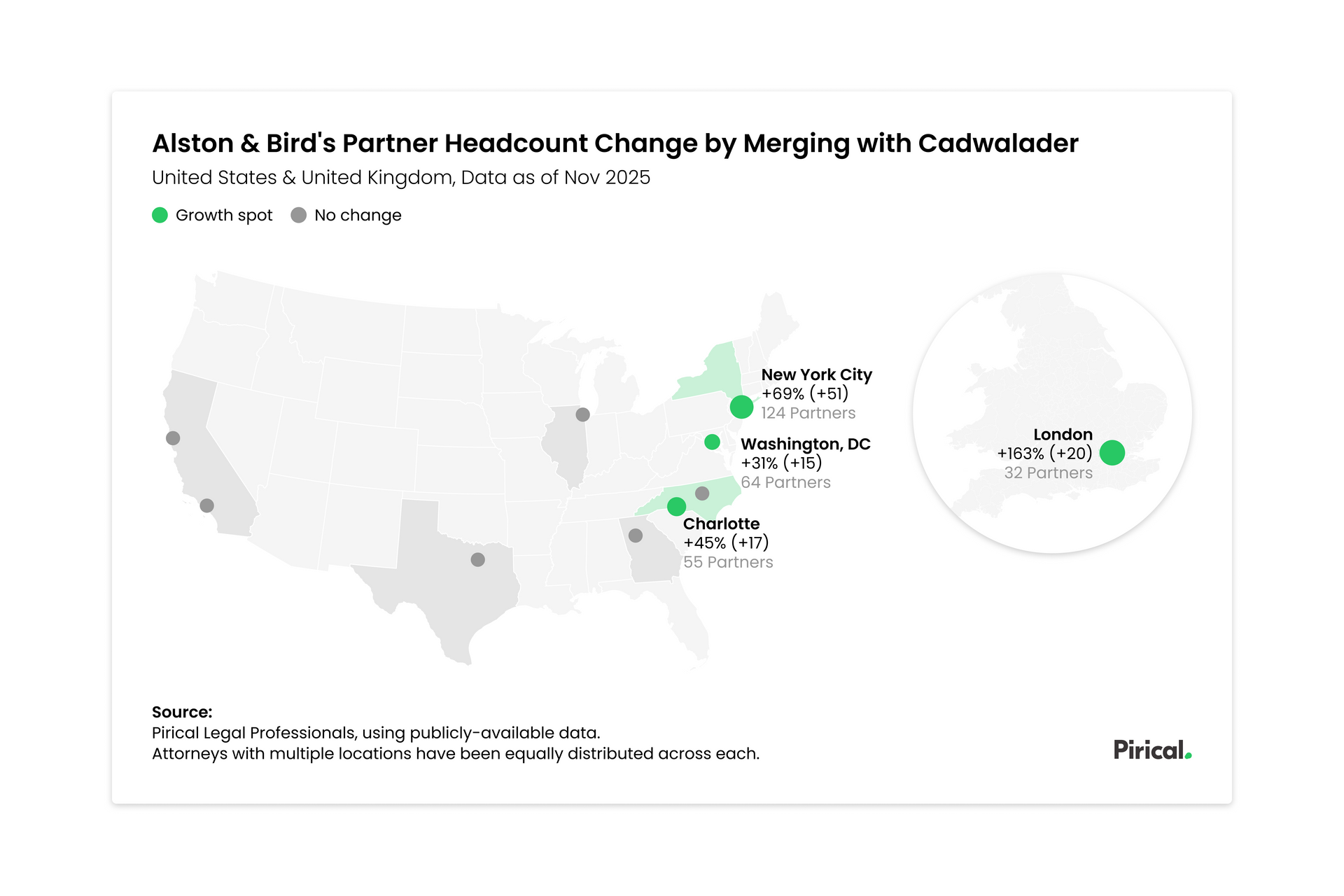How much could Law Firms save by relocating Business Services to UK regions?
Lockdown has forced the legal industry into a giant pilot of Work From Home (WFH). As things settle, feedback on WFH seems positive. Perhaps WFH is feasible not just for desk workers, but across the legal industry. Reportedly courts and tribunals have been handling their cases remotely with greater efficiency.
As governments are considering the lockdown exit strategy and we are learning the lessons from this WFH experiment, an important question emerges: why pay expensive London salaries and office rent if your employees can work remotely or from elsewhere?
Today we wanted to dive into this as an increasingly attractive opportunity for many London law firms.
The idea: location independent hiring
As advocates of remote working don’t cease to point out , location-independent hiring has one main advantage: you’re fishing for talent in a vastly larger pool. Yes, London is big. But the UK is bigger. And the world even more so. What are the chances that the best possible person for the job will live in London, which represents only 0.1% of the world’s population?
So not only is remote working cost-advantageous (as almost everywhere in the world has lower living costs and salaries than Central London), it has the potential to bring better talent into the organisation.
How much lower are salaries in the regions?
That salaries are lower in the regions when compared to London goes without saying. The question is, by how much? Our Salary Analytics data tells us that on average, salaries in the regions are 35% lower than in London, or a £20,000 difference across Business Services roles and 43% or £36,000 difference across fee-earning roles.
Among Business Services, differences range from 22% for IT roles and 48% for Risk roles.
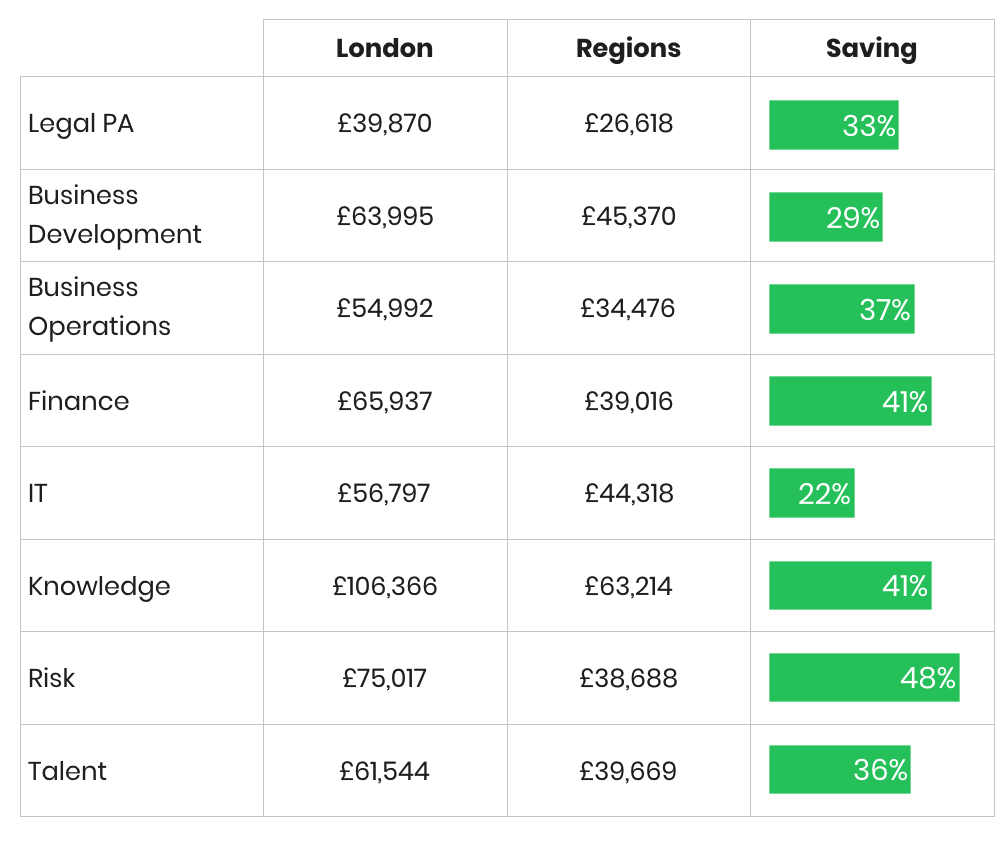
Fig 1. Average annual FTE salary per role and location.Source: Salary Analytics by Pirical
Across the regions, the savings are not equal. In aggregate, the Midlands offer the biggest savings compared to London, and even compared to other regions. For example, average salaries in the Midlands are £7,333 lower than in Scotland.

Fig 2. Average annual FTE salary per region. Source: Salary Analytics by Pirical
As we are considering location independent hiring of Business Services, we could benefit from these regional differences by hiring in the “lowest cost” region for each specific role.
With this cost-conscious approach, one can achieve savings as high as 58% of a London salary for Risk roles or 45% for Finance.

Fig 3. Highest regional saving compared to London, per role. Source: Salary Analytics by Pirical
What are the aggregate savings possible for a London-based law firm? Using anonymised data from our Salary Analytics product, we ran 3 simple scenarios to estimate potential savings.
Scenario 1: Relocate 1 in 5 Business Services employees currently based in London
As WFH has largely proven successful, we could imagine that a fifth of employees based in London continue to work fully remotely after the end of the lockdown period. In which case, these roles could be permanently relocated to the regions.
In our data panel, the average firm has 216 Business Services FTE based in London.
If 20% of these 216 employees were now working from the regions and paid the average salary in these regions, our average firm would save £857k annually on salaries, or over £1m when you include National Insurance.
The figure below shows the annual savings for different sizes of firm.
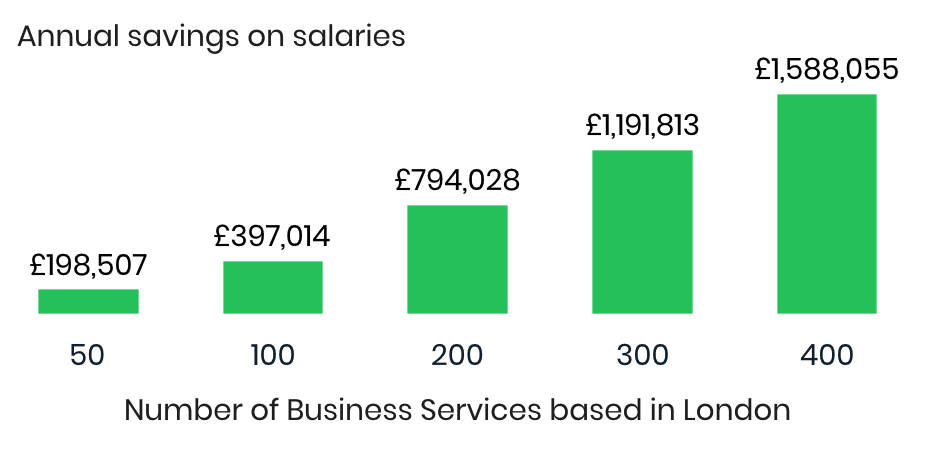
Fig 4. Annual savings for different firm sizes. This does not include National Insurance or office space savings.
Scenario 2: Relocate entire functions
In this scenario, firms could relocate entire Business Services functions to the regions.
In our panel, IT, Finance, Risk and Business Operations are the 4 functions with the most FTEs based in the regions.
If London-based employees in these functions were moved to the regions to achieve a target of 90% FTEs based in the regions, our average firm with 216 Business Services in London could save £1.5M annually in reduced salaries .
Of course, this example is either very hypothetical (it’s hard to imagine an entire team would voluntarily give up half their salary and move to the middle of the country) or can only be accomplished over the course of several years whereby organic attrition gets replaced by new staff in the Regions.
But in keeping with the hypothesis, to achieve these savings, each function would be moved to the “Best Region”, offering the highest level of savings.

Fig 5. Regional distribution of FTEs for each Business Services function
Scenario 3: Relocate all Business Services functions
Assuming that the great WFH experience proved that all Business Services functions could work remotely, an extreme scenario could see some Law Firms decide to relocate the vast majority of Business Services employees (meaning 90% as a 100% figure will be unrealistic to achieve in most cases).
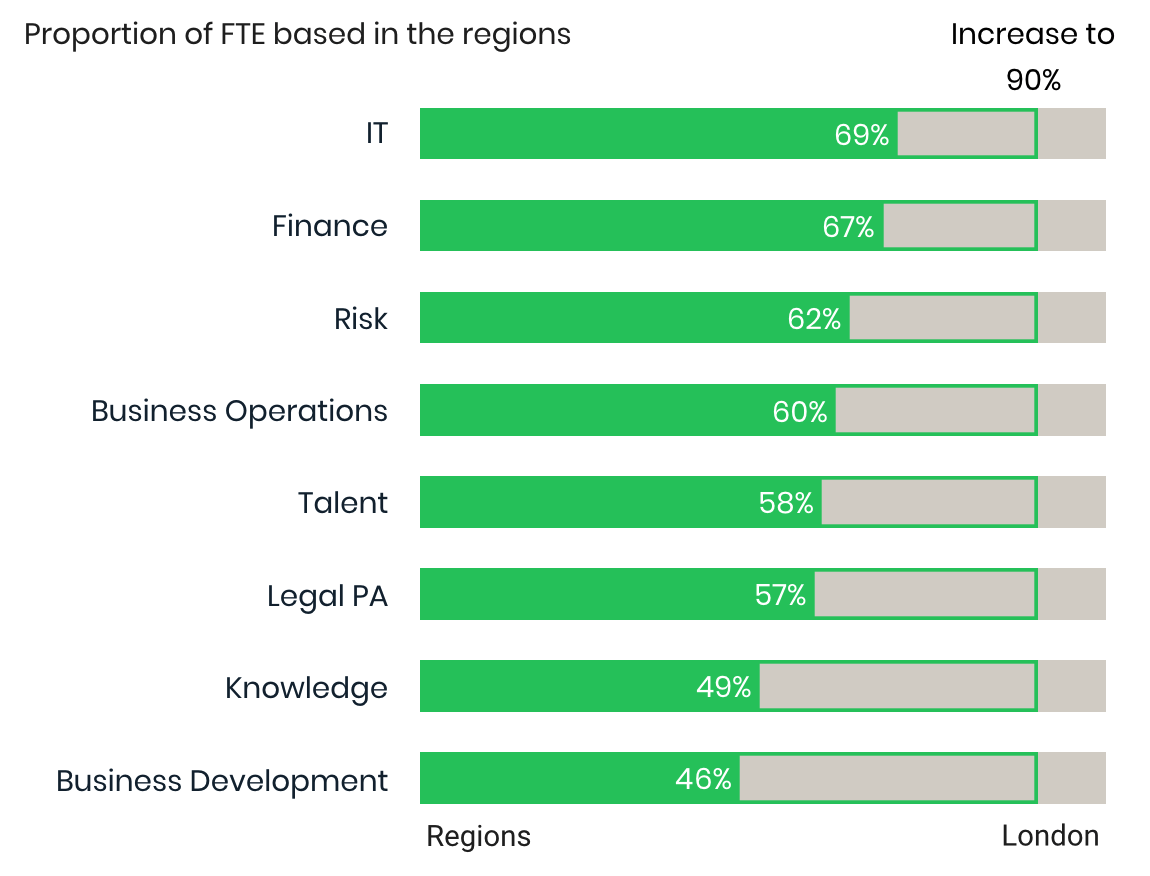
Fig 6. Regional distribution of FTEs for each Business Services function
For our average firm with 216 Business Services employees in London, this re-shoring of all Business Services functions would save £3.6M in annual salaries.
Scenario 4: What about (junior) Lawyers?
As the above three scenarios only consider Business Services, here is a bonus scenario: what could a firm save if 90% of Associates, Trainees and Paralegals were to relocate to the regions?
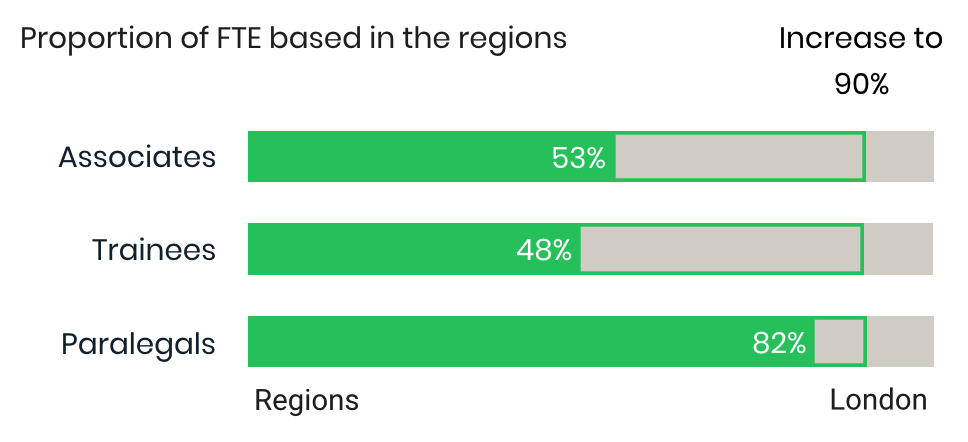
Fig 7. Regional distribution of FTEs for Associates, Trainees and Paralegals
If London-based Associates, Trainees and Paralegals were moved to the regions to achieve a target of 90% FTEs based in the regions, our average firm with 322 Associates, Trainees and Paralegals in London could save £6.8M annually in reduced salaries .
To achieve these savings, each function would be moved to the “Best Region” for that function, offering the highest level of savings.
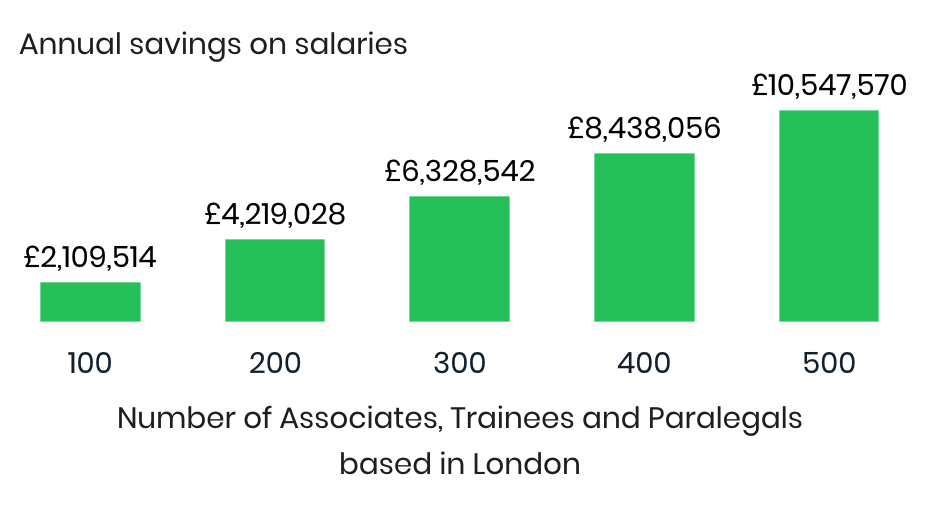
Fig 8. Annual savings for different firm sizes. This does not include National Insurance or office space savings.
Granular data can help Law Firms take optimised decisions and reduce costs
With the right data, Law Firm leaders have the opportunity to take advantage of this successful WFH pilot.
Our 4 simple scenarios provide food-for-thought on the potential that relocating staff can have on salaries. By adding the potential office space savings on top, a back-of-the-envelope calculation shows us that relocating an employee from London to the regions adds a 57% saving on office space for that employee
(200sq ft per person, from £70/sq ft in London to £30/sq ft in the regions: £8k annual saving on office rent - source ).
Office rent savings would be reduced even further, of course, were the employee in question to work from home.
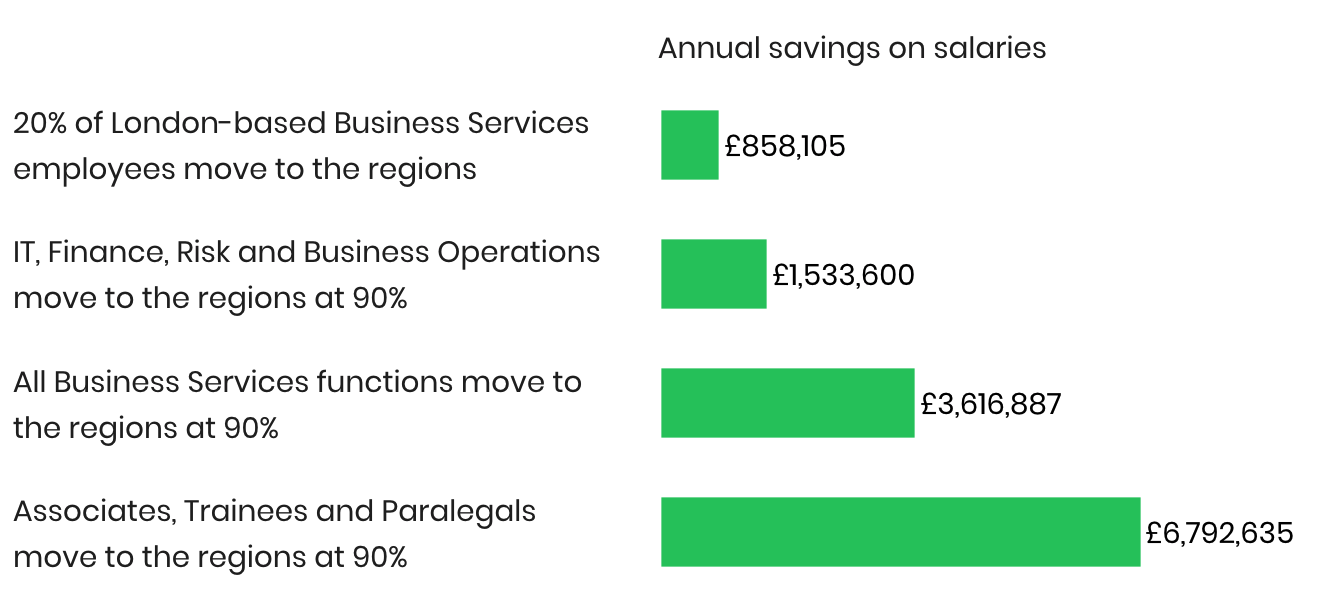
Fig 9. Annual savings for the different scenario for our “average firm” with 216 Business Services employees and 322 Associates+Trainees+Paralegals in London. This does not include National Insurance or office space savings.
We were able to produce these analyses using anonymised data from our product Salary Analytics.
If you would like to hear more about our Salary Analytics product, or have any questions on the information above, please contact our Commercial Director, Jenny Burton on jenny@pirical.com
Subscribe to the latest data insights & blog updates
Fresh, original content for Law Firms and Legal Recruiters interested in data, diversity & inclusion, legal market insights, recruitment, and legal practice management.

